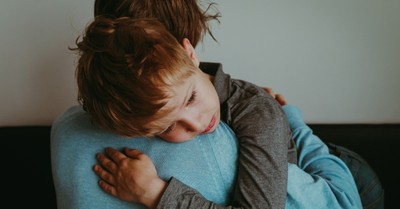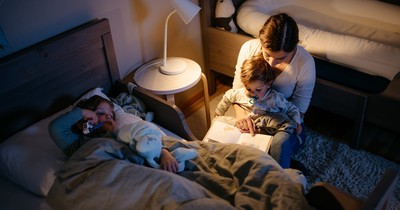Did 'Helicopter' Parents Cause the Mental Health Crisis in Today's Young?
-
Jim Liebelt Jim Liebelt's Blog
- Published Mar 16, 2023
The following is excerpted from an online article posted by HealthDay.
Kids and teens are struggling with their mental health in America, and one new report suggests the overinvolvement of parents may be partly to blame.
Kids don't get to roam anymore. They've lost time for free play and risk-taking amid parents' fears about the dangers of the world, said report co-author David Bjorklund.
While people think the lack of independence and the growth in mental health issues is new, it's been a lot more gradual, said Bjorklund, a professor in the psychology department at Florida Atlantic University College of Science, in Boca Raton.
"It's not a really new phenomenon. It's a growing one. And it's been growing for decades," Bjorklund said. The trend emerged in the 1960s and really accelerated in the 1980s, the authors said. Some eventually dubbed the trend "helicopter parenting."
Adults were well-intentioned in wanting to protect children, according to the paper, but this has deprived kids of the independence they need for mental health. And now, young people are experiencing high levels of anxiety, depression, and suicidal ideation.
Too much schoolwork is a part of this mental health decline, according to the article published online recently in the Journal of Pediatrics. The school year increased by an average of five weeks between 1950 and 2010, and homework is common, even for small kids.
Recess, meanwhile, averaged just 26.9 minutes in a school day in 2014, the authors said.
Yet another challenge to a youngster's mental health: intense pressure to achieve at an early age, especially in middle-class families planning on college, Bjorklund said.
Having opportunities for independent play, self-directed activities, and being able to contribute to their families helps children feel trusted, responsible, and capable, Bjorklund said.
"Play is important, and that's the concept that some people find hard to believe," Bjorklund said.
From play and independence, children gain a sense of autonomy, a feeling that what they do makes a difference, Bjorklund said.
Source: HealthDay
https://consumer.healthday.com/tackling-the-mental-health-crisis-in-young-people-2659565344.html


















